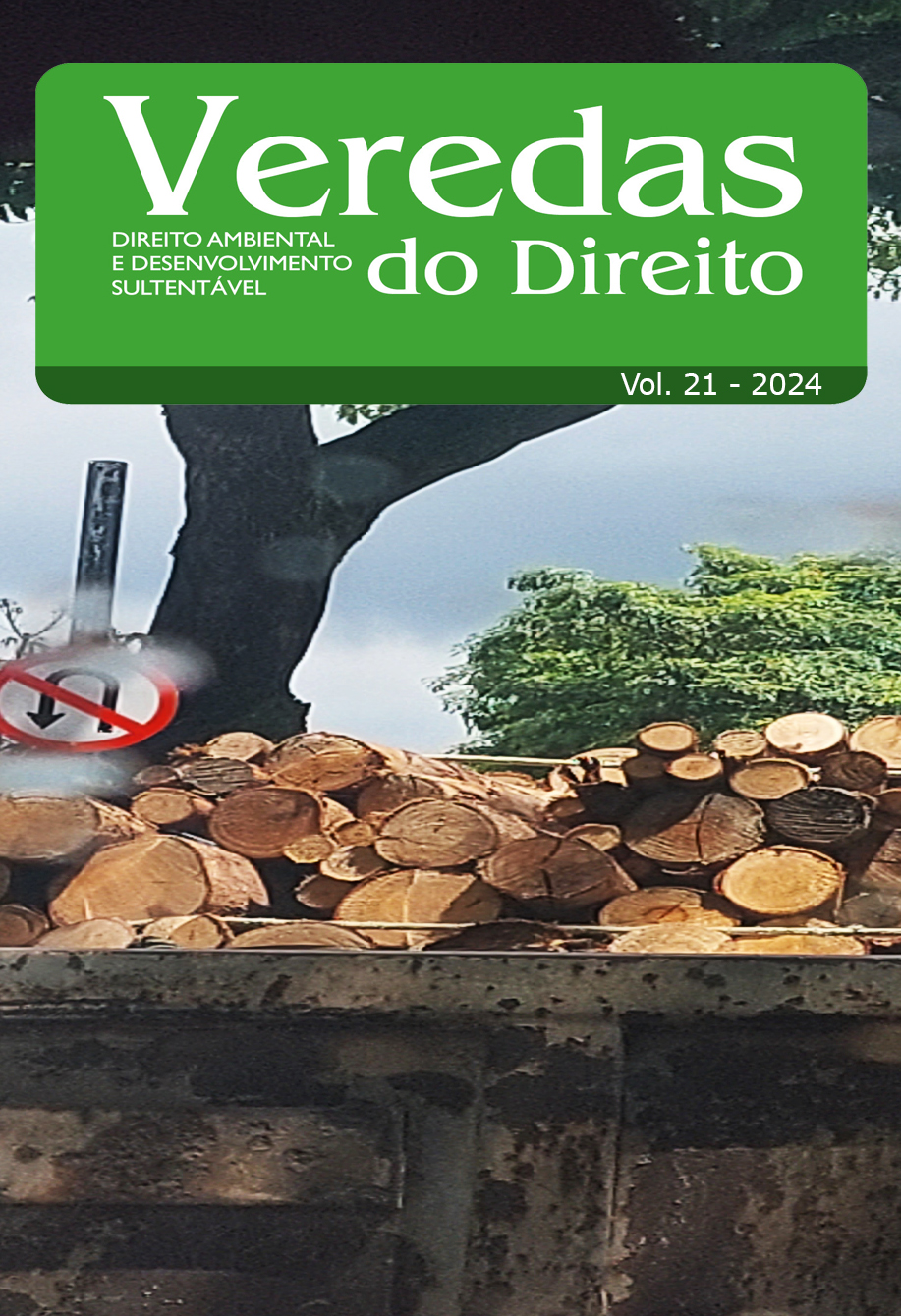MASS UNEMPLOYMENT DUE TO TECHNOLOGY: THE IMPACT ON THE ENVIRONMENT OF WORK AND UNSUSTAINABLE DEVELOPMENT
DOI:
https://doi.org/10.18623/rvd.v21.2622Abstract
This study is dedicated to analyzing the impact of mass layoffs of workers due to the use of technology, from the perspective of the environment of work. The outline herein analyzed takes into account the fact that the environment has several facets, such as the natural or ecological environment, the artificial, the cultural, and in addiction to these, as provided in Article 200, VIII, of the Brazilian Constitution, the environment of work. It is an emergency analysis, as it reflects between the speed of technological use and the consequent replacement of human labor on an unprecedented scale. This phenomenon relegates a mass of people to the margins of protection, increasing poverty and social inequality, which, consequently, will demonstrate that the thoughtless adoption of technology can become unsustainable. Thus, based on the analysis of statistical data on technological unemployment, a multidisciplinary bibliographical research is carried out, which permeates, in addition to Law, Philosophy, and Economics, and, based on the evidences found, it criticizes the academic biases that looks toward technology solely as form of salvation, a fact that has not been confirmed, so far, in the Brazilian reality.
Published
How to Cite
Issue
Section
License
I (we) submit this article which is original and unpublished, of my (our) own authorship, to the evaluation of the Veredas do Direito Journal, and agree that the related copyrights will become exclusive property of the Journal, being prohibited any partial or total copy in any other part or other printed or online communication vehicle dissociated from the Veredas do Direito Journal, without the necessary and prior authorization that should be requested in writing to Editor in Chief. I (we) also declare that there is no conflict of interest between the articles theme, the author (s) and enterprises, institutions or individuals.
I (we) recognize that the Veredas do Direito Journal is licensed under a CREATIVE COMMONS LICENSE.
Licença Creative Commons Attribution 3.0







